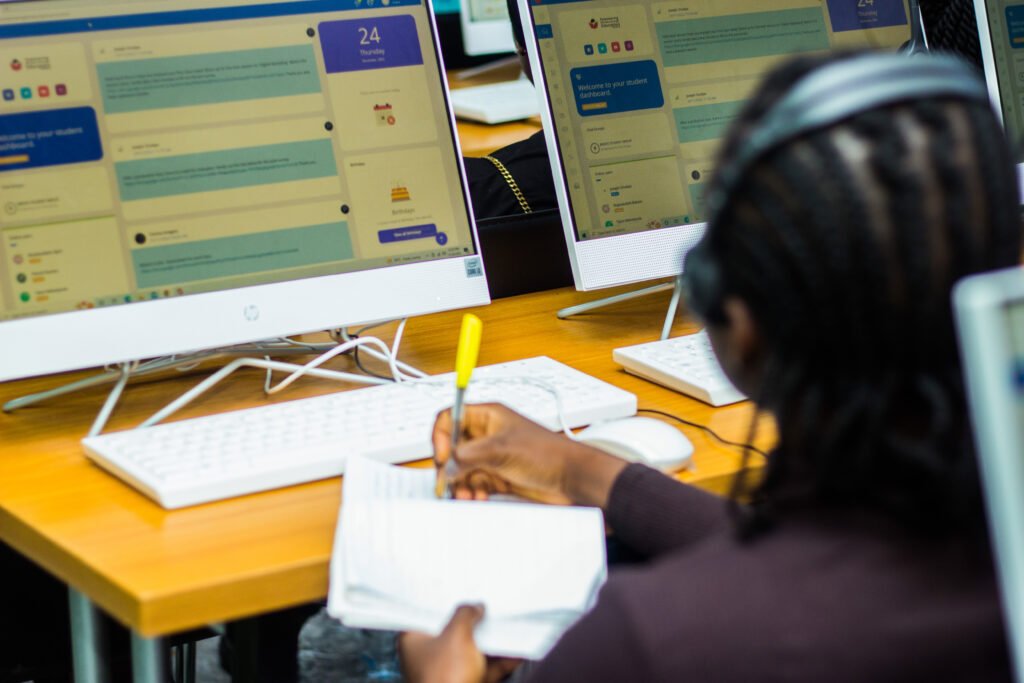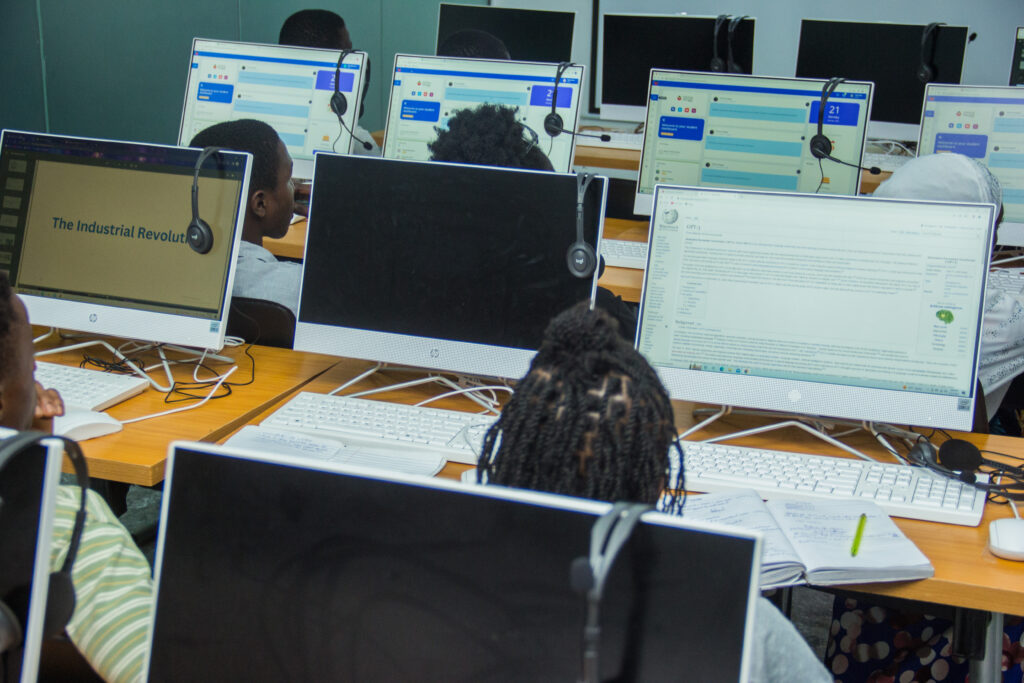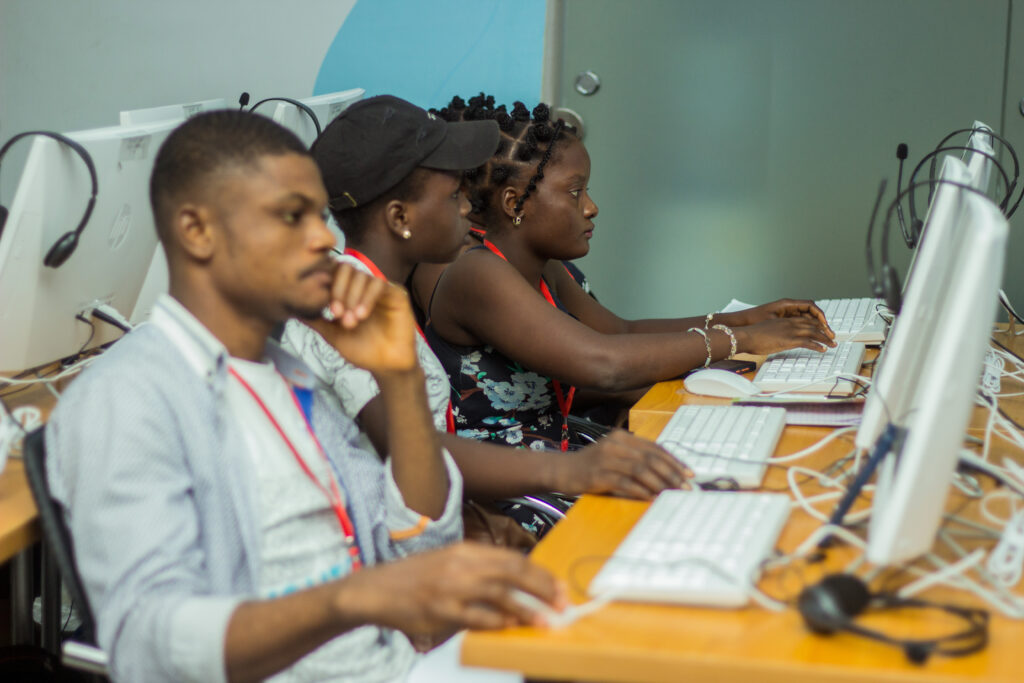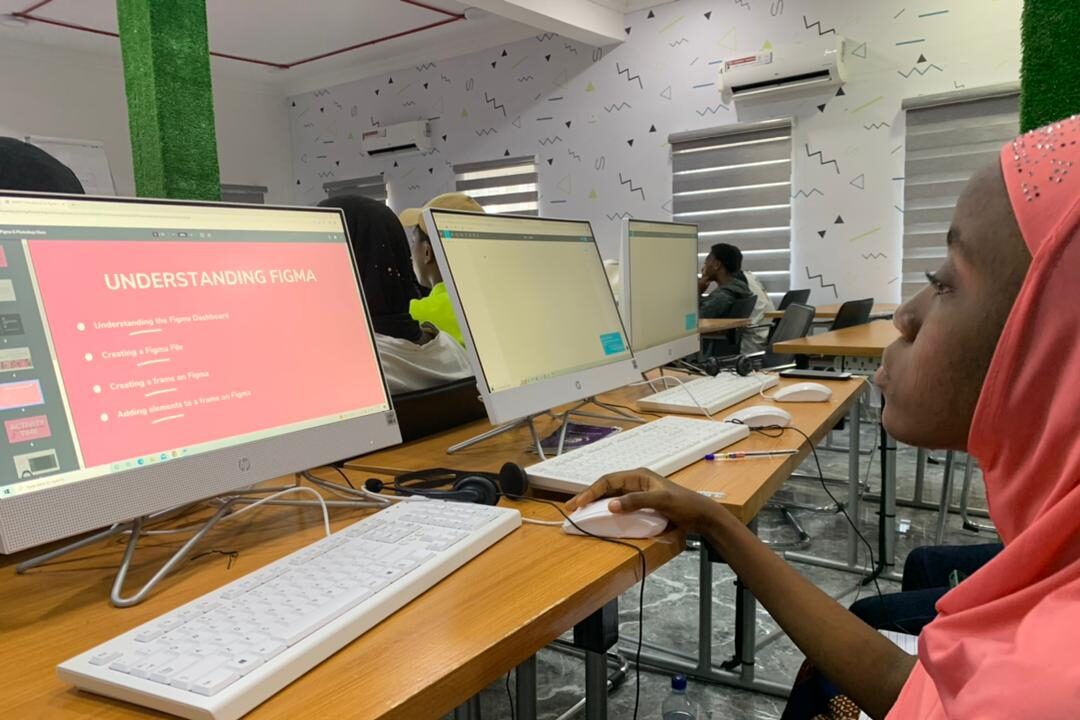The Role of Technology in Redefining Education in Africa

In recent years, technology has become a transformative force in redefining education globally, and Africa is no exception. With the rapid advancement of digital tools and increasing internet accessibility, education on the continent is undergoing a remarkable change. Gone are the days when learning was confined to the four walls of a classroom. Today, technology is not only bridging educational gaps but also revolutionizing how knowledge is accessed, shared, and applied, offering hope and new opportunities to millions across Africa.
Bridging Gaps Through Digital Learning
One of the most transformative impacts of technology in African education is its ability to bridge gaps through digital learning. Africa’s diverse landscape presents unique challenges, such as limited infrastructure, teacher shortages, and inadequate resources, particularly in remote and underserved areas. However, technology is dismantling these barriers and opening doors to quality education for millions.
- E-Libraries and Open Resources: Platforms like African Storybook and Worldreader grant students access to thousands of books in multiple languages, fostering a culture of reading and self-learning.
- E-Learning Platforms: Initiatives such as Coursera, edX, and local platforms like Eneza Education are delivering world-class educational content to African students, regardless of their location.
- Mobile Learning: With mobile phones widely used across the continent, mobile learning apps provide flexibility and accessibility, ensuring that students in both rural and urban areas can continue learning seamlessly.
- Online Courses: Platforms like Khan Academy and Tuteria, which cater to African contexts, are making high-quality education more accessible and affordable than ever before.
This digital revolution in education is not only breaking down traditional barriers but also empowering learners to take charge of their own academic journeys. By leveraging these technologies, Africa is paving the way for an inclusive and future-ready education system.
Empowering and Supporting Educators
Teachers are the backbone of any educational system, and technology is playing a pivotal role in enhancing their effectiveness and impact. By equipping educators with modern tools and resources, technology is transforming not just how students learn but also how teachers teach.
- Professional Development: Virtual training programs and webinars provide educators with access to modern teaching strategies, ensuring they stay updated with global standards and best practices.
- Interactive Teaching Aids: Tools like smartboards, virtual labs, and educational software help teachers create more engaging and practical lessons, enriching the learning experience for students.
- Collaborative Platforms: Platforms such as Google Classroom and Edmodo foster seamless communication and collaboration between teachers, students, and parents, making education more integrated and student-centered.
By empowering educators with these resources, technology is strengthening the foundation of education, enabling teachers to deliver high-quality instruction and support the diverse needs of their students.



Personalized and Inclusive Learning: Reaching Every Student
Technology is revolutionizing education in Africa by making learning both personalized and inclusive, while also extending its reach to the most underserved areas.
- Personalized Learning: AI-powered platforms tailor education to individual learning speeds and styles. These tools assess students’ strengths and weaknesses, delivering customized resources and exercises that help them achieve their full potential.
- Inclusive Education: Assistive technologies such as screen readers, captioning tools, and text-to-speech software are ensuring that students with disabilities can access quality education alongside their peers.
Beyond personalizing learning experiences, technology is addressing one of Africa’s most persistent challenges: access to education in remote and rural areas.
- Offline Solutions: Tools like Eneza Education allow students to access educational content via SMS, bypassing the need for consistent internet connectivity.
- Community Learning Hubs: Initiatives such as Solar-Powered Classrooms bring internet access, digital tools, and educational resources to areas with limited infrastructure, ensuring that no student is left behind.
By leveraging these innovations, technology is transforming education into a more equitable, inclusive, and accessible experience for all students, regardless of their circumstances.
Equipping Africa’s Youth for a Digital Future
The future is digital, and the Empowering Africans through Education Initiative is at the forefront of preparing Africa’s youth to thrive in it through its Be-MINT project. Be-MINT is a transformative program designed to train young Africans in digital, vocational, and soft skills, equipping them with the tools to succeed in a competitive global workforce.
The program provides practical and curriculum-oriented training in essential areas such as technology, communication, and problem-solving. To ensure its impact is far-reaching, Be-MINT offers internship opportunities to the top 150 participants, enabling them to gain hands-on experience with reputable organizations. This initiative is not only shaping a tech-savvy workforce but also fostering leadership, creativity, and innovation among Africa’s youth.
By focusing on initiatives like Be-MINT, the Empowering Africans through Education Initiative is setting a powerful example of how technology-driven programs can transform education and create opportunities. This approach ensures that Africa’s youth are not just prepared for the future but are empowered to lead it.